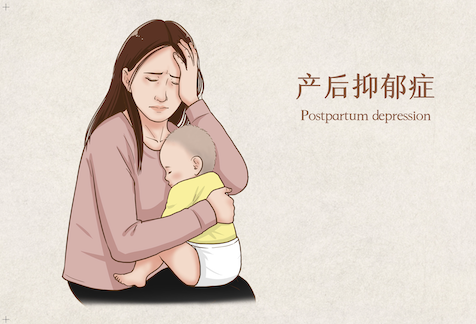

产后抑郁症(Postpartum Depression,简称PPD)是一种在产后出现的情绪障碍,影响了许多新妈妈的心理健康。这一问题的认知和关注逐渐提高,不仅使得更多的女性能够获得及时的支持和治疗,也促使了相关研究和工具的发展。
产后抑郁症的确切原因尚不完全清楚,但可能与生理、心理、社会因素相互交织有关。许多女性在生育后经历一系列的身体和生活变化,这可能对其心理状态产生深远的影响。同时,荷尔蒙水平的波动、睡眠不足、社会支持不足等因素也可能增加产后抑郁症的风险。
为了更好地了解和识别产后抑郁症,产后抑郁症测试题自测成为一种常见的工具。这些测试题通常涵盖了一系列的情感、行为和身体反应,在帮助女性自我评估其可能存在的抑郁症状。
以下是一些关于产后抑郁的相关文献,你可以根据自己的需求选择阅读:
1. Gavin, N. I., Gaynes, B. N., Lohr, K. N., Meltzer-Brody, S., Gartlehner, G., & Swinson, T. (2005). Perinatal depression: A systematic review of prevalence and incidence. Obstetrics & Gynecology, 106(5 Pt 1), 1071–1083.
2. O'Hara, M. W., & McCabe, J. E. (2013). Postpartum depression: Current status and future directions. Annual Review of Clinical Psychology, 9, 379–407.
3. Guintivano, J., Arad, M., Gould, T. D., & Payne, J. L. (2018). An exploratory study of changes in gene expression in peripheral blood of women with postpartum depression. European Neuropsychopharmacology, 28(4), 459–466.
4. Wisner, K. L., Sit, D. K. Y., McShea, M. C., Rizzo, D. M., Zoretich, R. A., Hughes, C. L., … Hanusa, B. H. (2013). Onset timing, thoughts of self-harm, and diagnoses in postpartum women with screen-positive depression findings. JAMA Psychiatry, 70(5), 490–498.
5. Yonkers, K. A., Vigod, S., & Ross, L. E. (2011). Diagnosis, pathophysiology, and management of mood disorders in pregnant and postpartum women. Obstetrics & Gynecology, 117(4), 961–977.